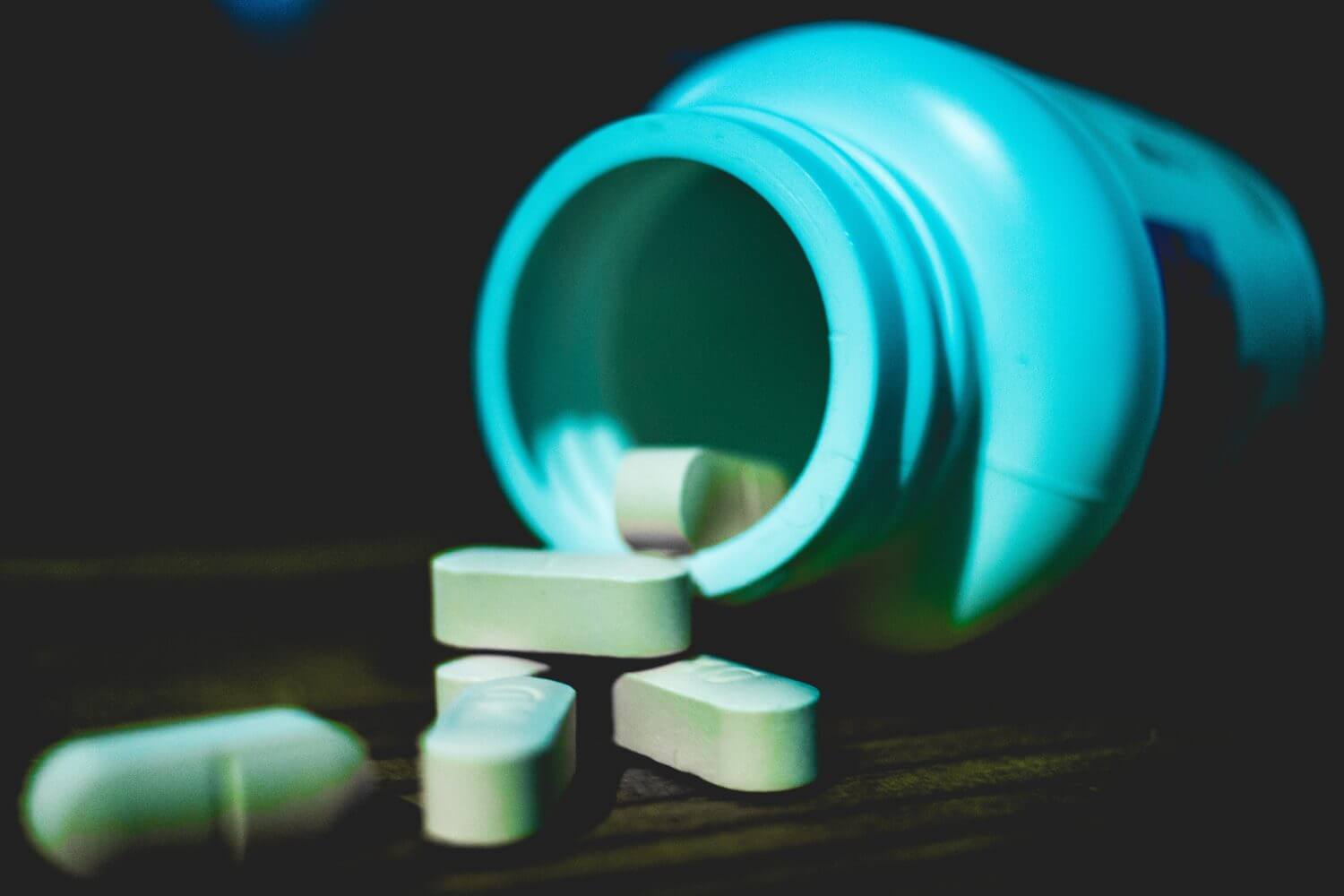Oxycodone is a drug that contains highly addictive properties. After using it for a period of time, your body builds up tolerance and grows to depend on it for normal everyday functioning. Oxycodone also alters the manner in which your brain functions; it brings about feelings of euphoria, which is a main reason why people abuse it.
Oxycodone is a semi-synthetic opiate painkiller that affects the central nervous system directly, and influences your brain’s pain receptors. When it’s taken, it enters into your bloodstream and travels to your brain, where it slows down brain activity and noticeably dulls sensations of pain. Simultaneously, oxycodone can also trigger very intense, positive feelings and sensations that are deceitfully rewarding. As it alters the brain’s reward system, it’s only a matter of time before you start craving the drug and continue abusing it. The abuse cycle of oxycodone looks a lot like this: ingestion, euphoria, cravings. Taking oxycodone as a recreational activity can be addictive and extremely dangerous. There’s a high risk of overdose due to the newly invented methods of ingesting the drug, which often seek to speed up the absorption of larger, more dangerous amounts.
Typically oxycodone users will more than likely show recognizable signs of abuse; here is what they look like:
Behavioral Signs:
- Becoming secretive
- Borrowing/stealing money
- Unexplainable mood swings
- Absence from work or school
- Increased sleeping
- Social withdrawal
Physical Signs:
- Dry mouth
- Cough suppression
- Drowsiness
- Constipation
- Flushed complexion
- Headaches
- Respiratory depression
- Stomach pain
- Sedation
Psychological Signs:
- Drowsiness
- Euphoria
- Addiction
- Relaxed feelings
- Hallucinations
- Lightheadedness
- Paranoia
- Mood swings
The abuse of oxycodone is coupled with numerous side effects to your health. Here is a list of the most common side effects that stem from prolonged use of the drug. It’s always best to contact a doctor in the event you experience any of these effects:
- Difficulty breathing
- Chest pain
- Extreme drowsiness
- Irregular heartbeat
- Seizures
When discussing the negative consequences that are associated with oxycodone abuse, don’t be afraid to use your voice. At Asana Recovery, we constantly strive to understand just how difficult addiction recovery can be. Through our daily work we’re always learning new ways to help those struggling the most from this illness. Despite the belief of some that individuals can beat it alone, rehab programs are an essential part of warding off dependency. The road ahead is not without rough spots, but you can walk along it if supported by the right group of people. Post medical care and therapy are assets in helping you identify any factors that lured you to addiction, and also help you establish foundational structures to deal with life healthily and without addiction.
Our overseen detox and residential treatment programs at Asana Recovery are held in an inspirational, positive environment. We hold a deep conviction to ensure a long term recovery, and to guide you toward a healthier and happier future. Give us a call today at (949) 438-4504 to learn more about the benefits of joining our comprehensive alcohol and drug addiction treatment program.



